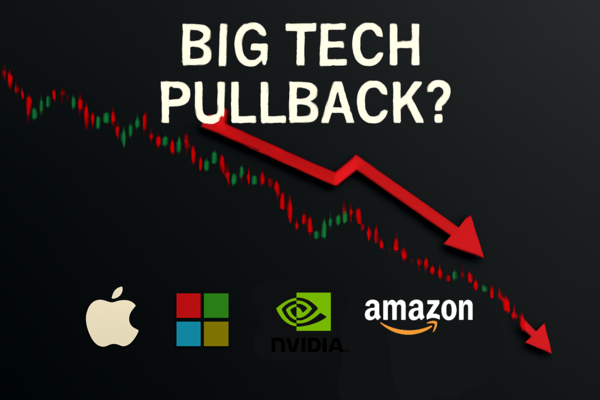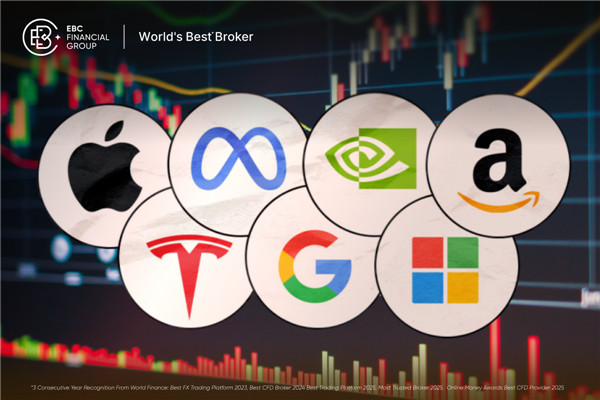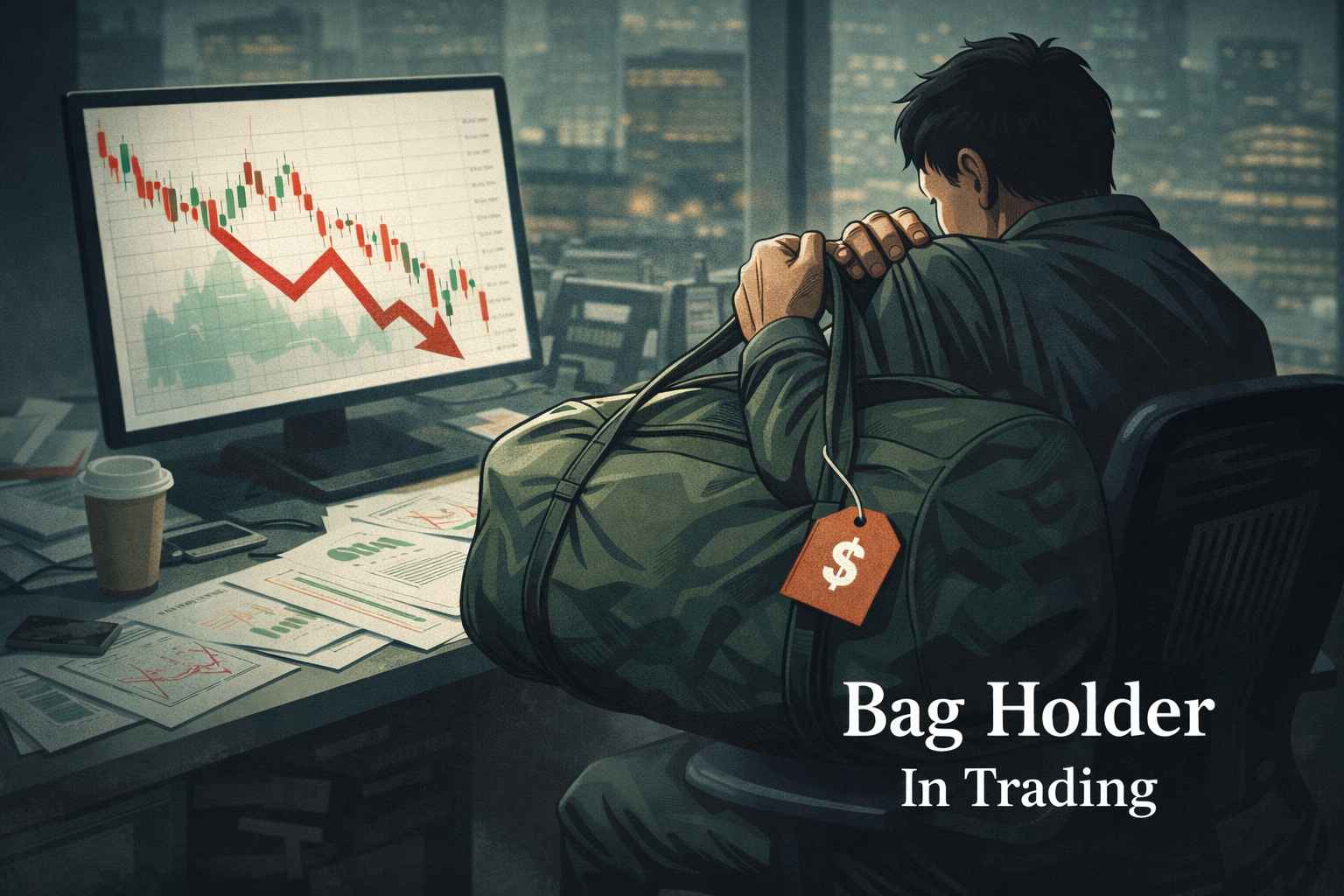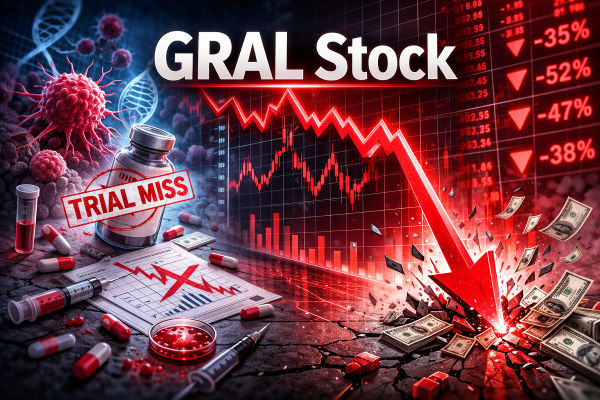US stocks suffered heavy selloff on Wednesday, pressured by a sharp spike
higher in Treasury yields as traders feared that a new US budget bill would put
even more stress on already large deficit.
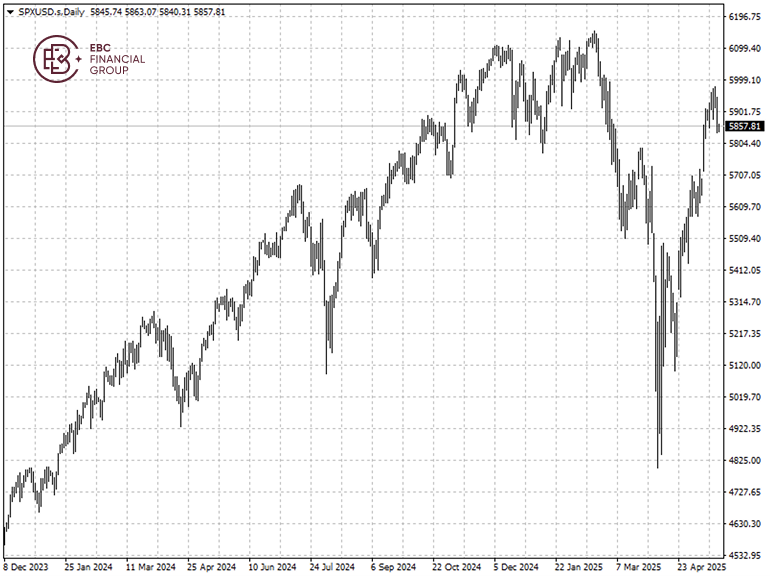
The new plan is expected to pass as lawmakers reach a compromise on SALT
deductions heading into Memorial Day deadline, though the IMF urged Washington
to curb debts on Wednesday.
Investors put $2.5bn into world ex-US mutual and ETFs between the start of
December and the end of April, according to data from Morningstar. The inflows
include the highest monthly total on record.
Wall Street have outperformed most of the past decade or more with Corporate
America leading in frontier domains such as IT and biotechnology, resulting in a
net outflow of $2.5bn from these funds between 2022 and 2024.
Amundi said some of the flows into ex-US funds were down to "patriotic
rebalancing" by European investors, particularly given the high weighting of the
so-called Magnificent Seven.
Most members of the high-flying group have underperformed benchmark stock
index, with Apple and Tesla the biggest losers. Both companies rely heavily on
China to produce and consume their products.
Whether Big Tech can re-establish its historical dominance in 2025 is the
existential question heading into the back half of the year. Betting on a tech
rally comes with its own risks amid tariff uncertainties.
Sore trial
Trump told Apple CEO Tim Cook that he was not satisfied with the plan to
expand output in India, and urged him to pivot stateside, though the company is
attempting to diversify production away from China.
Experts generally agree that moving production of the iPhone to the US would
be highly unlikely as the final price of an iPhone is estimated to surge to
between $1,500 to $3,500.
Apple stock remained the top holdings in Berkshire Hathaway's portfolio
despite some exposure cuts, according to the latest 13 F filing. But Cook said
it is difficult to predict tariff costs beyond June.
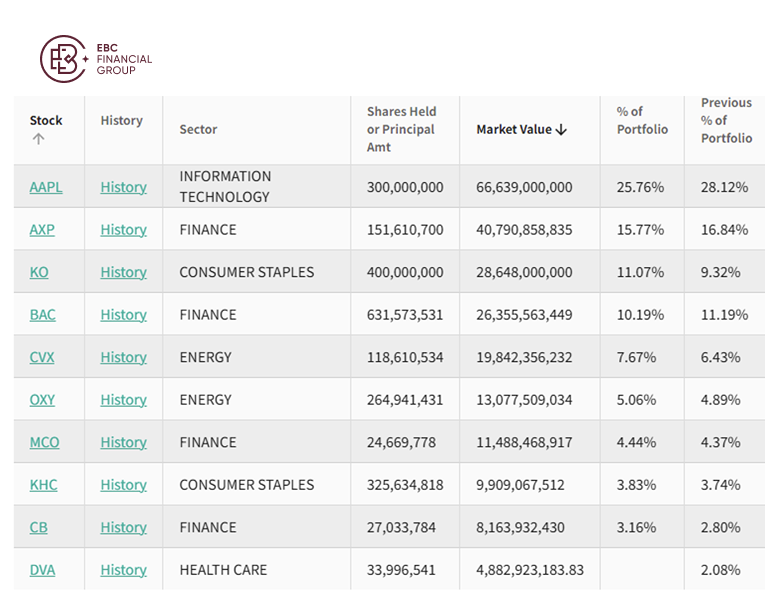
Trump will impose tariffs at the rate he threatened last month on trading
partners that do not negotiate in "good faith" on deals, Treasury Secretary
Scott Bessent said on Sunday.
Tesla appears to be in bigger trouble with its business already struggling in
Q1. A 20% year-over-year drop in automotive revenue and a 71% plunge in net
income can hardly please shareholders.
It counts on materials and supplies from China, Mexico, Canada and elsewhere
for manufacturing some car parts. Despite those headwinds, some banks have
turned more optimistic on the stock market outlook.
UBS Global Wealth Management on Thursday raised its year-end target for the
S&P 500 to 6,000 from 5,800 and initiated a June 2026 target of 6,400. That
indicates a less 3% growth from Thursday's close.
AI competition
Though Alphabet's Q1 results beat estimates, it faces mounting concerns about
risks to its Google search business from AI chatbots like ChatGPT. Its near-90%
search share now is down from around 93% in late 2022.
Apple's plan to add AI-powered search options to its browser has been fresh
blow to Google, whose lucrative advertising business relies significantly on
iPhone customers using its search engine.
Microsoft and Meta are the only in the Magnificent Seven stocks outperforming
benchmark stock index so far in this year. They are set to nibble away at
Alphabet's customer base by heavy investments in AI.
However, Nvidia that leads the AI race also disappointed with its share price
barely unchanged. Concerns are growing over moderating AI demand and tightening
chip trade rules from the Trump administration.
CEO Jensen Huang said that the policies are a failure that have cut its China
market share from 95% to 50%r. Just as Tesla and Apple, he is stuck in the
middle between Washington and Beijing in a tech cold war.
The chip maker is going to sell a technology that will tie chips together to
speed up the chip-to-chip communication needed to build and deploy artificial
intelligence tools, it said on Monday.
As the last of the seven to report results for this period, it will likely
take centre stage for Wall Street in the coming week. In the long term, the
challenge is that large technology companies could build custom AI chips.
Disclaimer: This material is for general information purposes only and is not
intended as (and should not be considered to be) financial, investment or other
advice on which reliance should be placed. No opinion given in the material
constitutes a recommendation by EBC or the author that any particular
investment, security, transaction or investment strategy is suitable for any
specific person.












